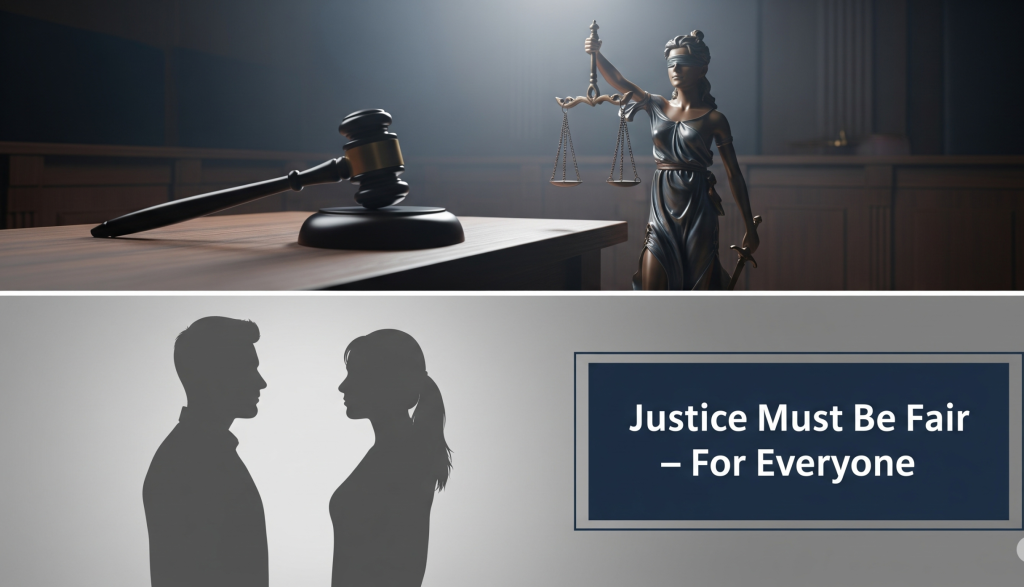
False rape accusations, though statistically uncommon, can have devastating consequences for the accused. In the context of false rape cases in India, the impact is even more severe due to social stigma, strict criminal laws, and immediate public judgment. These matters must be addressed carefully—ensuring justice for both genuine victims of sexual violence and individuals who are falsely accused. Balancing these interests is essential to maintaining the integrity of the justice system.
A false rape allegation refers to a claim of sexual assault that is knowingly made without factual basis. It is important to differentiate these from cases dismissed due to insufficient evidence, miscommunication, or legal technicalities. Understanding this distinction is crucial when examining false rape cases in India, where allegations can escalate quickly due to legal and social pressures.
False accusations can arise due to several reasons, including:
Revenge or retaliation
Custody or relationship disputes
Regret after consensual encounters
Mental health conditions
Social pressure or external coercion
Attempting to create an alibi or shift blame
Even when proven innocent, a false accusation can lead to:
Irreparable damage to reputation
Job loss or educational consequences
Mental health issues such as anxiety, depression, or PTSD
Heavy legal expenditure and years spent defending the case
Social stigma and public scrutiny
In criminal justice systems worldwide, the presumption of innocence is a fundamental principle. However, in rape and sexual assault cases, the stigma attached to an accusation alone can weaken this presumption.
Courts often rely on:
Objective evidence (DNA, digital communication, CCTV, etc.)
Witness testimony
Psychological evaluations
Expert analysis of inconsistencies
False accusers may face legal consequences such as charges of perjury, filing a false police report, or defamation, depending on the jurisdiction.